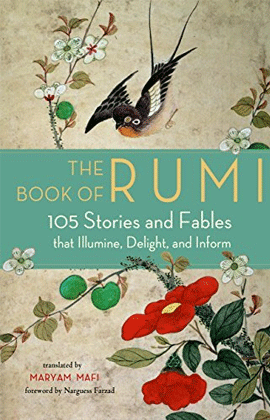
The Book of Rumi: 105 Stories and Fables that Illumine, Delight, and Inform
$290.00 $261.00
This fresh prose translation of 105 short teaching stories by Rumi, which form the core of the six-volume Masnavi, explores the hidden spiritual aspects of everyday experience. Rumi transforms the seemingly mundane events of daily life into profound Sufi teaching moments. These prose gems transport readers to the world of the ancient mystic.
These stories include popular tales such as “Angel of Death”, “The Sufi and His Cheating Wife”, “Moses and the Shepherd”, “Chickpeas”, and “The Greek and Chinese Painters” as well as the less commonly quoted parables: “The Basket Weaver”, “The Mud Eater”, and “A Sackful of Pebbles”.
Rumi’s voice alternates between playful and authoritative, whether he is telling stories of ordinary lives or inviting the reader to higher levels of introspection. Mafi’s translations delicately reflect the nuances of Rumi’s poetry while retaining the positive tone of all of Rumi’s writings, as well as the sense of suspense and drama that mark the essence of the Masnavi.
Size

The Prophet
$230.00 $207.00
The Prophet is a book of 26 poetic essays written in English in 1923 by the Lebanese-American artist, philosopher and writer Khalil Gibran. In the book, the prophet Almustafa who has lived in the foreign city of Orphalese for 12 years is about to board a ship which will carry him home. He is stopped by a group of people, with whom he discusses many issues of life and the human condition. The book is divided into chapters dealing with love, marriage, children, giving, eating and drinking, work, joy and sorrow, houses, clothes, buying and selling, crime and punishment, laws, freedom, reason and passion, pain, self-knowledge, teaching, friendship, talking, time, good and evil, prayer, pleasure, beauty, religion, and death.
Size

The Odyssey
$420.00 $378.00
The Odyssey is one of two major ancient Greek epic poems attributed to Homer. It is one of the oldest extant works of literature still widely read by modern audiences. As with the Iliad, the poem is divided into 24 books. It follows the Greek hero Odysseus, king of Ithaca, and his journey home after the Trojan War. After the war, which lasted ten years, his journey lasted for ten additional years, during which time he encountered many perils and all his crew mates were killed. In his absence, Odysseus was assumed dead, and his wife Penelope and son Telemachus had to contend with a group of unruly suitors who were competing for Penelope's hand in marriage.
The Odyssey was originally composed in Homeric Greek in around the 8th or 7th century BCE and, by the mid-6th century BCE, had become part of the Greek literary canon. In antiquity, Homer's authorship of the poem was not questioned, but contemporary scholarship predominantly assumes that the Iliad and the Odyssey were composed independently and that the stories formed as part of a long oral tradition. Given widespread illiteracy, the poem was performed by an aoidos or rhapsode and was more likely to be heard than read.
Crucial themes in the poem include the ideas of nostos (νόστος; "return"), wandering, xenia (ξενία; "guest-friendship"), testing, and omens. Scholars still reflect on the narrative significance of certain groups in the poem, such as women and slaves, who have a more prominent role in the epic than in many other works of ancient literature. This focus is especially remarkable when contrasted with the Iliad, which centres the exploits of soldiers and kings during the Trojan War.





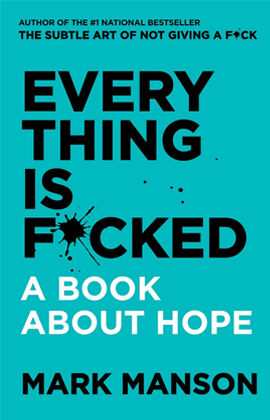
/23.gif)



/38.gif)
/35.gif)
/43.gif)

/26.gif)
/6.gif)
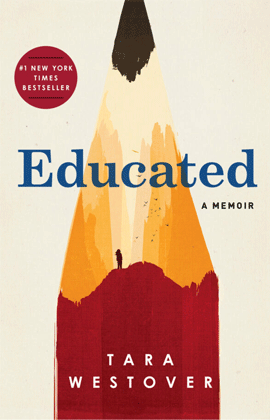
/101.gif)

/81.gif)
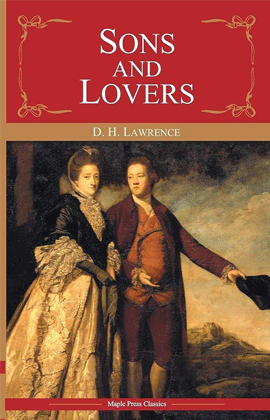
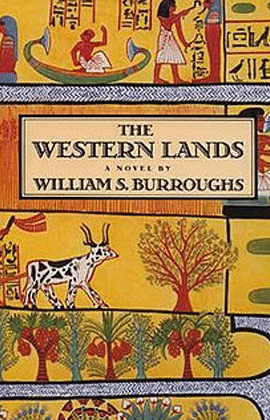

/61.gif)
/87.gif)


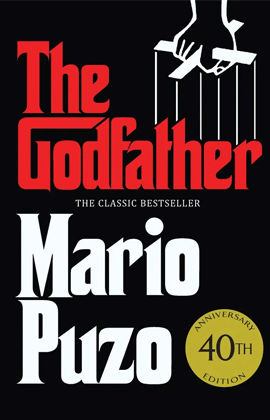


/63.gif)



/14.gif)


/55.gif)
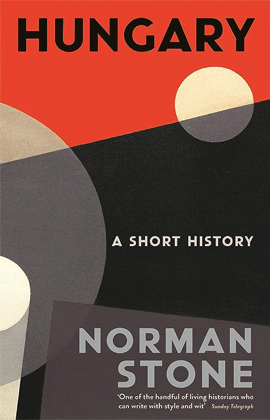

/107.gif)




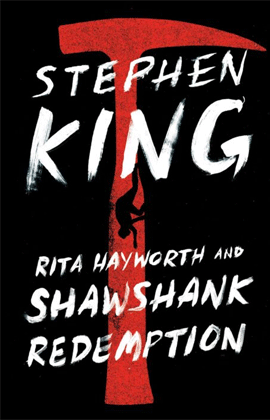

/30.gif)




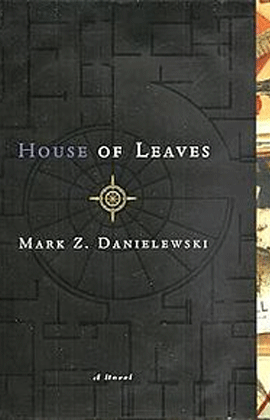
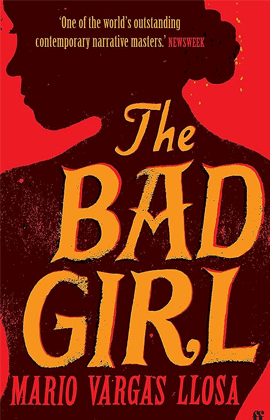
/118.gif)

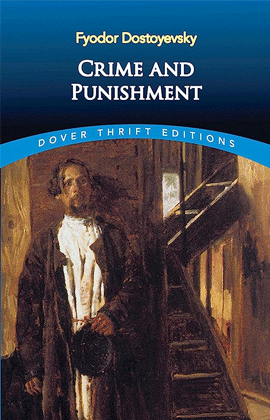
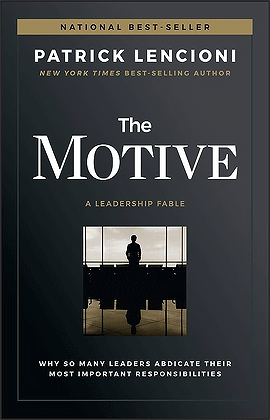



/43.gif)



/74.gif)






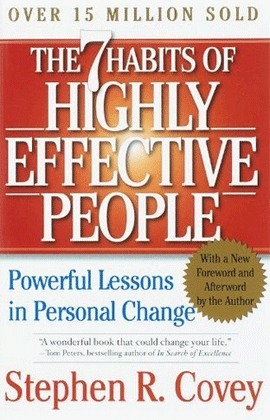




/12.gif)


/117.gif)


/21.gif)


/11.gif)

/102.gif)


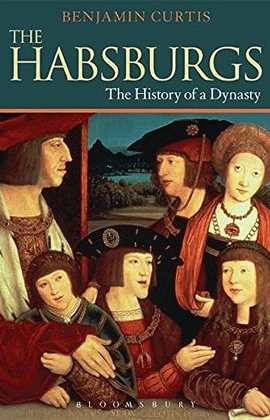
/152.gif)







/75.gif)









/21.gif)

/76.gif)



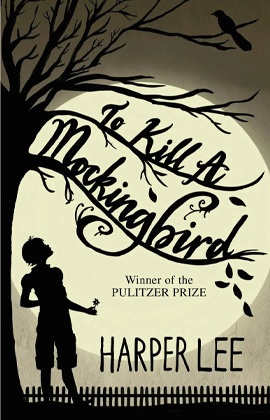

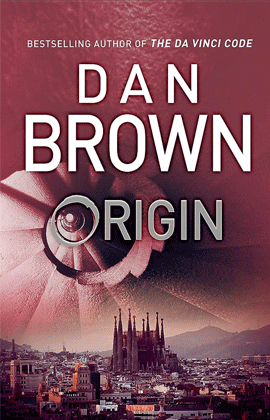
/39.gif)
/108.gif)
/26.gif)

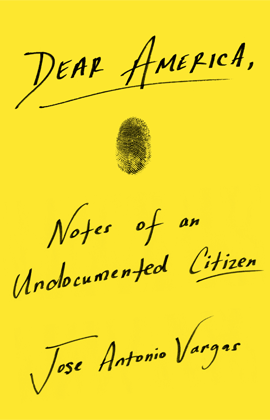






/45.gif)
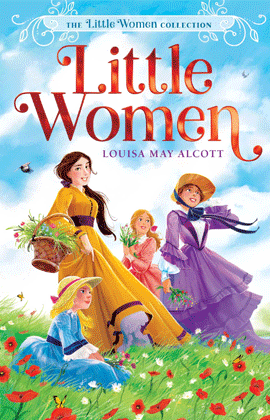

/60.gif)


/34.gif)
/129.gif)





/46.gif)



/29.gif)
